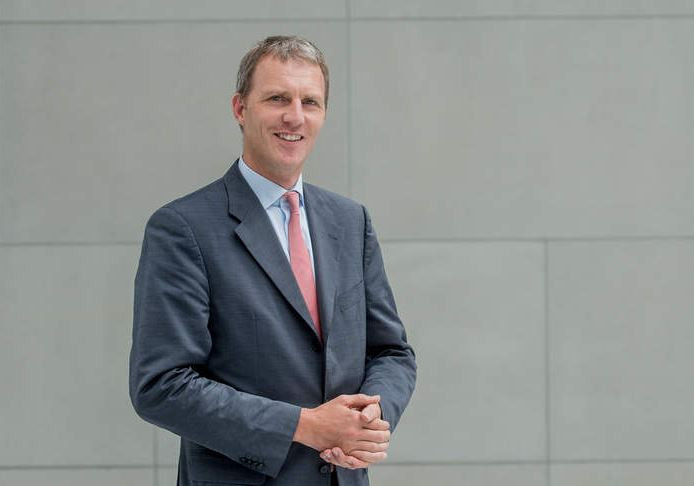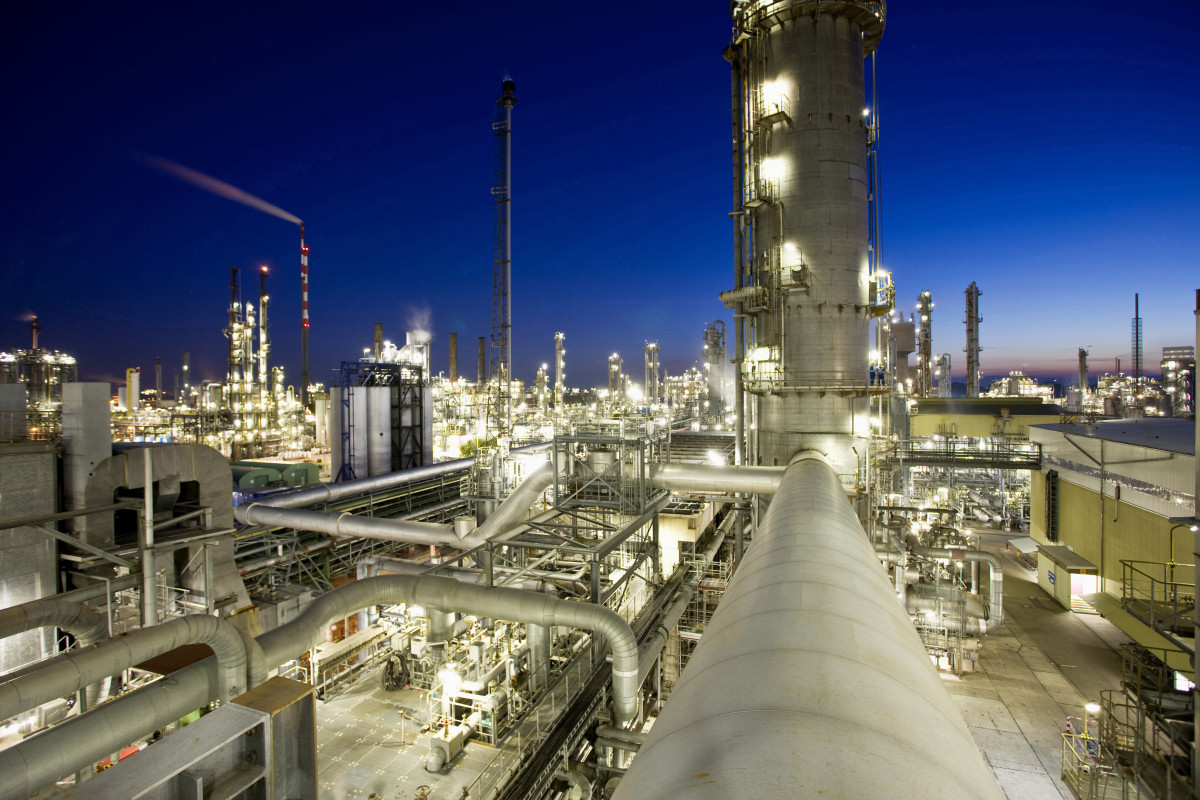Preview 2023: Energy-intensive companies need help to stay competitive - industry
This interview is part of a series to preview the German and European energy and climate policy in 2023. The other interviews will be published in the coming weeks.
Clean Energy Wire: Energy and climate policy in 2022 has been dominated by Russia's war on Ukraine and the European energy crisis. What impact do you expect the war to have next year, and which other topics will likely dominate the agenda in your sector in 2023?

Russia’s war of aggression has put energy leaders under extreme stress in the past months. Although several political instruments and provisions have already been defined to cope with the most urgent consequences, I expect the crisis to keep us busy during 2023 as well. This may include the need to fill the gas storage facilities and to find the right answers to the recurrent price hikes in Europe, as well as another political debate about the role of nuclear power.
But alongside these crisis-driven topics I expect to have to deal with strategic energy issues that have been put on the back burner in the past few months. These include a debate about the design of the future electricity market, the cornerstones of a carbon capture, utilization and storage (CCUS) strategy, a biomass strategy, and the key elements of a new hydrogen strategy, focusing on export partnerships and on the building blocks of a hydrogen grid.
Chancellor Scholz's traffic light coalition has just finished its first year in office - what do you think the administration got right so far and what does it have to deliver on most urgently next year?
Within a few weeks after the outbreak of the war, the German government found a well-balanced way to push sanctions against Russia in a timely manner that could also be properly implemented. The speed of the planning and licensing procedures for the new LNG terminals was also amazing and contrasted with the extremely slow procedures that paralysed the country's transformation elsewhere. Other decisions were late in coming, such as the reactivation of coal-fired power plants, the provisions to facilitate a switch from gas to oil and the price brakes for industrial and private consumers.
One of the priority tasks today is to improve the price brakes so that they can also help the bigger energy-intensive companies to stay competitive. These companies are now largely excluded from the support and would need the help the most.
The international push to create climate clubs that could share experiences on the path to carbon pricing was less successful. Accordingly, closer cooperation either in clubs or in bilateral and trilateral partnerships, such as just energy transition partnerships, would be needed as we are approaching COP28 in the UAE.
Which topics have been overshadowed by the crisis in 2022 and should receive more attention in the new year?
On a more strategic note, Europe feels deeply challenged by the US and its Inflation Reduction Act. It reveals the shortcomings of an extremely complex EU regulation and of a state aid regulation that does not fit the requirements of the current crisis and the transformation ahead. This is why I hope to see a more thorough debate on these state aid guidelines. Generally speaking, the crisis has revealed the vulnerability of Europe‘s economy and the need for a new debate about how to strengthen our resilience via a stronger industrial policy that focuses on raw materials and critical value chains.


